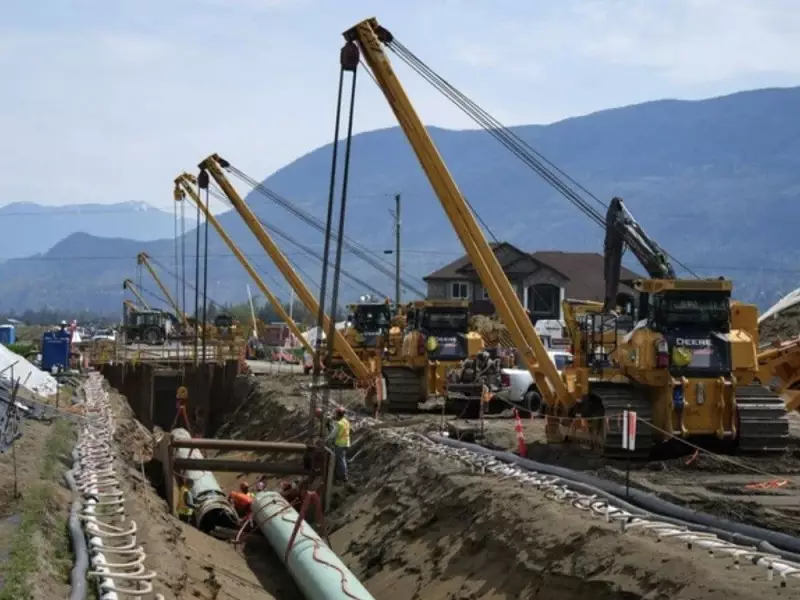
British Columbia stands at a pivotal crossroads, facing what many are calling a "second chance" to resolve the contentious pipeline politics that have divided communities, governments, and Indigenous nations for over a decade. The province has an unprecedented opportunity to move beyond the bitter debates and chart a new course for responsible resource development.
The Legacy of Pipeline Conflict
For years, pipeline discussions in British Columbia have been characterized by protest lines, court battles, and political standoffs. The Trans Mountain expansion project became a flashpoint that exposed deep divisions between economic development advocates, environmental protectionists, and Indigenous rights holders. This conflict created uncertainty for investors, strained intergovernmental relations, and left many British Columbians wondering if common ground was possible.
A New Path Forward Emerges
Recent developments suggest the political landscape may be shifting. Several key factors are creating conditions ripe for reconciliation:
- Changing economic realities that demand pragmatic solutions
- Growing Indigenous leadership in resource development decisions
- Environmental innovation that addresses climate concerns
- Public fatigue with perpetual conflict
Indigenous Partnership as the Cornerstone
The most promising development in this new era is the emergence of Indigenous communities as equity partners and decision-makers in major projects. When Indigenous nations have meaningful ownership stakes and environmental oversight, the traditional dynamic of opposition versus development transforms into one of shared responsibility and benefit.
This model represents a fundamental shift from consultation to partnership, aligning economic development with reconciliation in practical, tangible ways. It acknowledges that Indigenous jurisdiction over traditional territories must be respected while creating prosperity for all British Columbians.
The Economic Imperative
Beyond the political and social considerations, economic realities are driving this second chance conversation. British Columbia needs stable, predictable frameworks for resource development that balance environmental protection with economic opportunity. The alternative—continued uncertainty and conflict—serves no one's interests in the long term.
The province has an opportunity to demonstrate that environmental stewardship and economic development aren't mutually exclusive, but can be complementary goals achieved through collaboration and innovation.
Seizing the Moment
This window of opportunity won't remain open indefinitely. Political leaders, industry representatives, Indigenous communities, and citizens all have roles to play in building consensus. The lessons from past conflicts are clear: exclusionary processes breed opposition, while inclusive, transparent approaches build trust.
British Columbia's second chance at pipeline politics represents more than just energy infrastructure—it's about proving that complex challenges can be resolved through dialogue, respect, and shared vision for the future.





